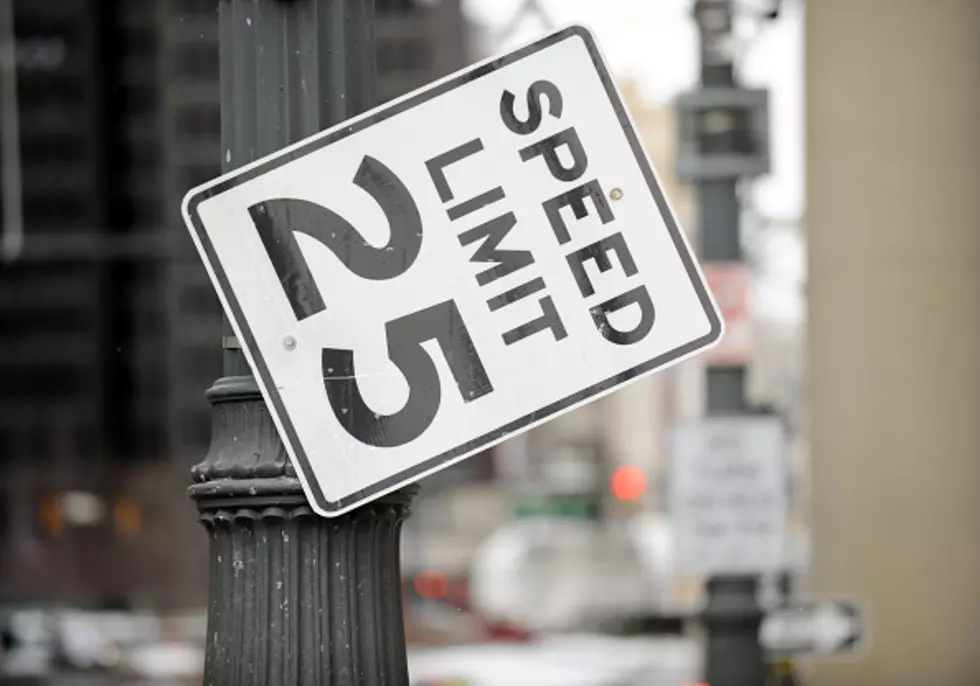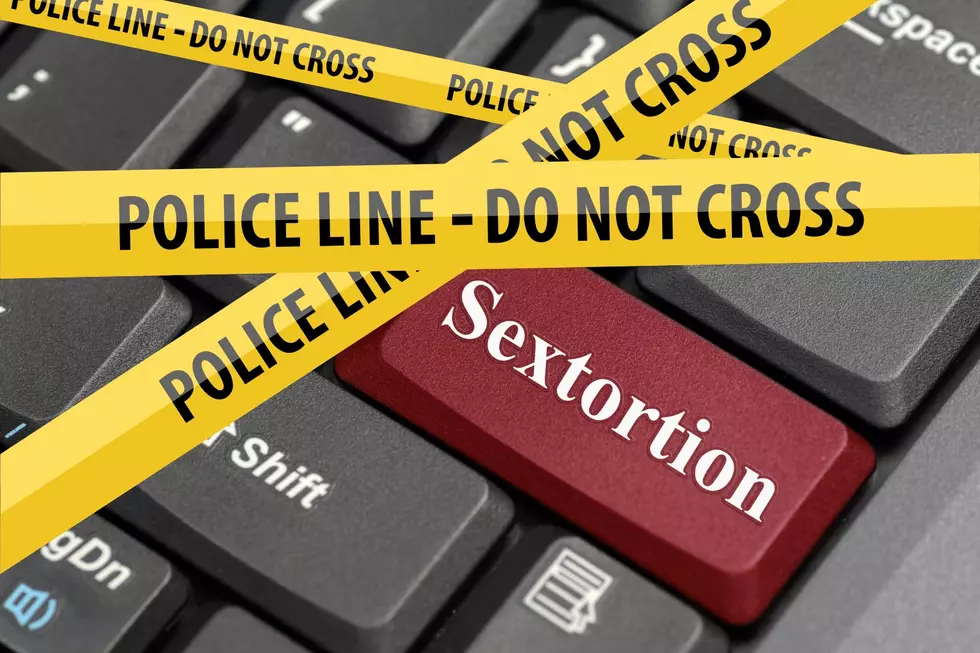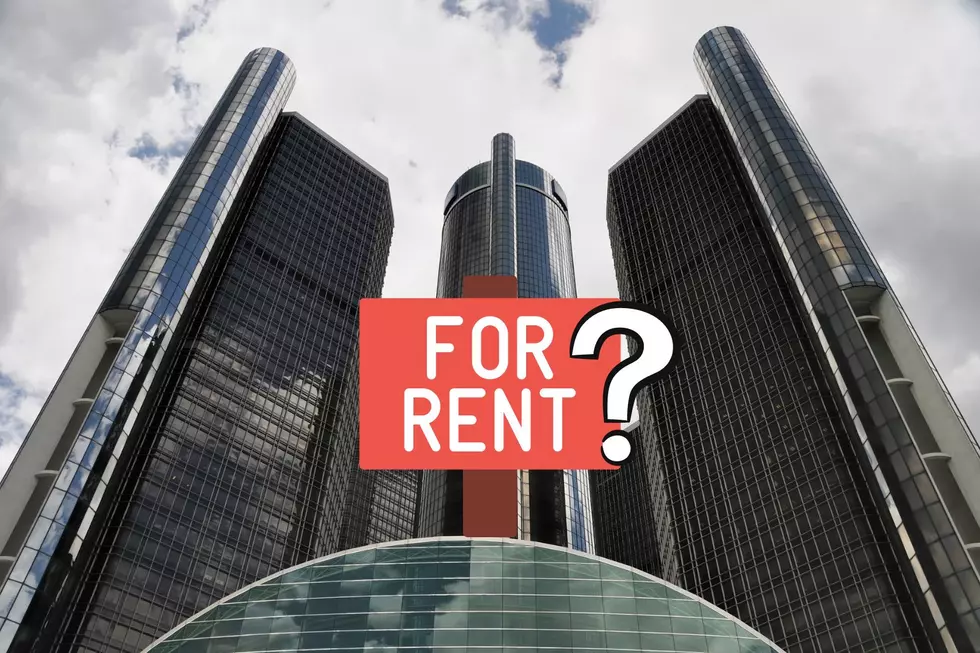
Speed Limits Across Michigan Could Be Changing
The Michigan Supreme Court is now reviewing hundreds of speed limits because of a traffic stop in Ionia County.
Many 25 mph zones are likely to be found to not be legal speed limits. This doesn't include business districts or low volume neighborhood streets. Many local governments have intentionally ignored the rules and kept their speed limits low.
A court case involving Sarranac man, Anthony Owen, could be the case the Supreme Court uses to make a decision on Michigan speed limits.
After sobriety tests, officers determined Owen should be arrested for DWI.
The attorney representing Owen, Ed Sternisha, asserts that his client should not be held responsible for the DWI charge because the speed limit of 25 mph that was set on Parsonage Road in Saranac was not set properly by state law.
Sternisha says that because of that, his client was not breaking any laws when deputies pulled him over since the default 55 mph speed limit should apply to that particular road.
Michigan State Police Lt. Gary Megge testified in Owen's favor stating that he believes speed limits can only be enforced in this state if local governments have established speed limits that are based on science and not an arbitrary number.
If the state Supreme Court decides Owen's attorney is right, this could effect hundreds of potentially illegal speed limits scattered across the state.
More From 97.9 WGRD









